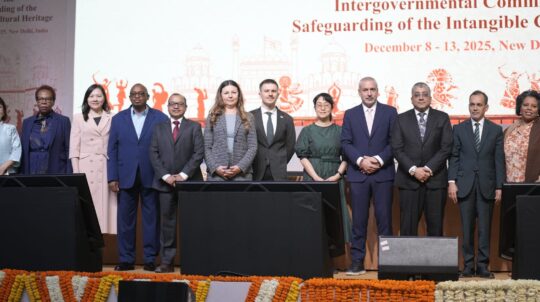On February 20, the team of the Ministry of Culture and Information Policy of Ukraine met with the delegation of the Special Committee of the European Parliament on Foreign Interference in all Democratic Processes in the European Union, including Disinformation (INGE).
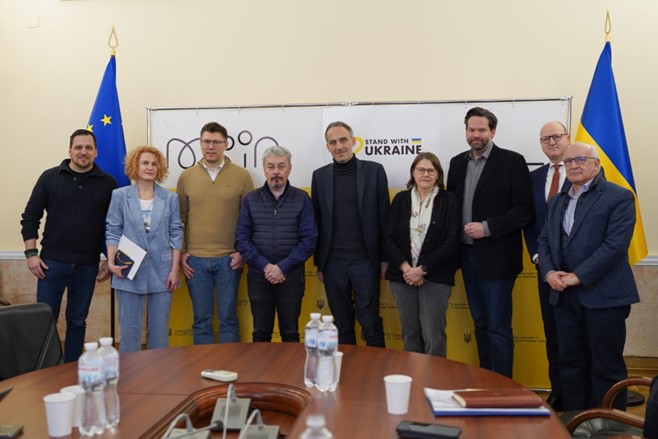
The parties discussed the situation in the spheres of culture and information policy in Ukraine, in particular within the framework of the “Information Ramstein” initiative. It was not only about the scale of russian disinformation and ways to involve society and the governments of partner countries in countering it, but also about building Ukrainians’ resilience to russian lies. Because the activity of russian propaganda has increased significantly, and narratives have become more popular since last autumn. Observance and protection of the rights of national minorities in Ukraine were also discussed.
The Ukrainian side called for a boycott of the participation of russian artists in European events of all levels, and also insisted on stepping up sanctions.
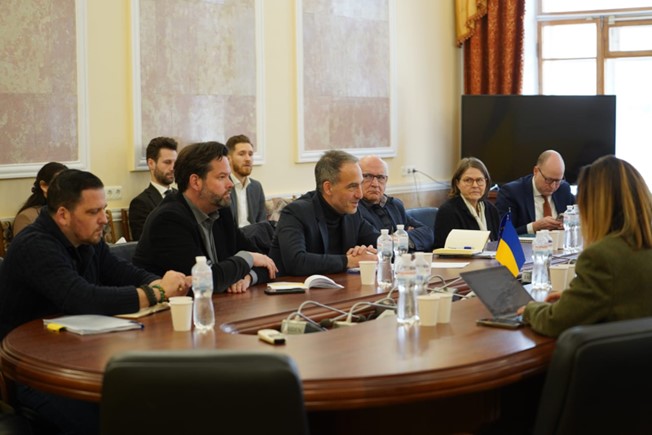
“Since russian propaganda is becoming more and more active and aggressive, Ukraine, together with Europe, needs to move from a defensive to a proactive information policy. We need to strengthen the fight against russian fakes, as well as intensify cooperation with social networks. And, what is very important, to support Ukrainian media outlets working within Ukraine. In fact, they are the ones who objectively inform about the war in Ukraine, using facts, not propaganda,” said Oleksandr Tkachenko, Minister of Culture and Information Policy of Ukraine.
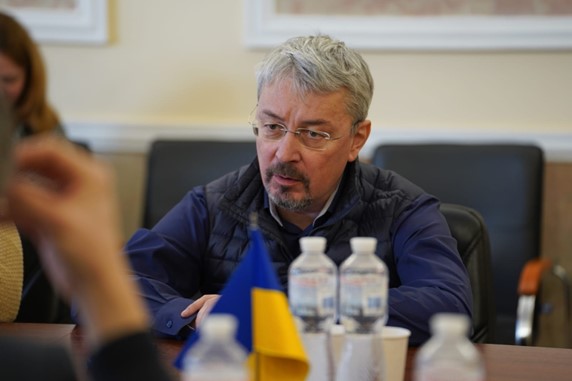
The MEPs were interested in specific cooperation plans, in particular regarding the promotion of Ukrainian narratives among the countries of South Africa, Asia, and Latin America. For this purpose, they plan to prepare special experts and create appropriate offices. Representatives of the European Parliament also emphasized the need to balance the fight against disinformation and democratic standards of freedom of thought.
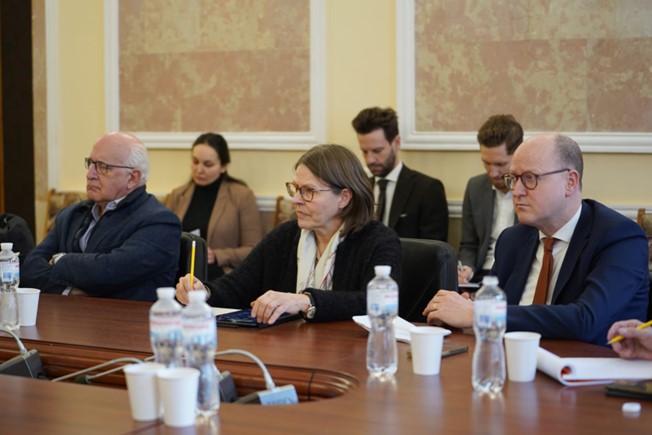
“We know that the war is still going on. We are with you, we are for democracy. We are also interested in Victory. Together, we feel that we can unite to counter russian narratives. This war is taking place not only at the front, but also in the information field. We are ready to provide assistance quicker and stronger,” said Raphaël Glucksmann, Head of the delegation, Chair of the Special Committee of the European Parliament on Foreign Interference in all Democratic Processes in the EU, including Disinformation.
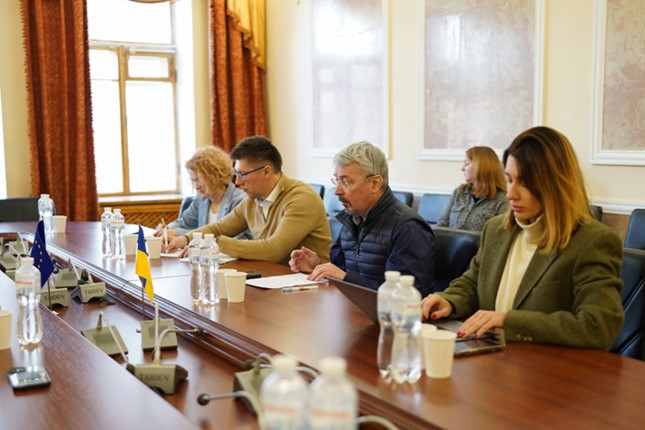
Nowadays, United News Marathon and FREEDOM TV channel remain democratic tools in Ukraine, where they inform people about the war using facts, not propaganda. The Center for Strategic Communications and Information Security is actively working to refute fakes. This is a government organization established under MCIP as one of the mechanisms for building national resilience and countering informational threats. In addition, a new Law of Ukraine “On Media” was adopted, which meets the requirements of the European Union for Ukraine in connection with its acquisition of the status of a candidate country for EU membership.
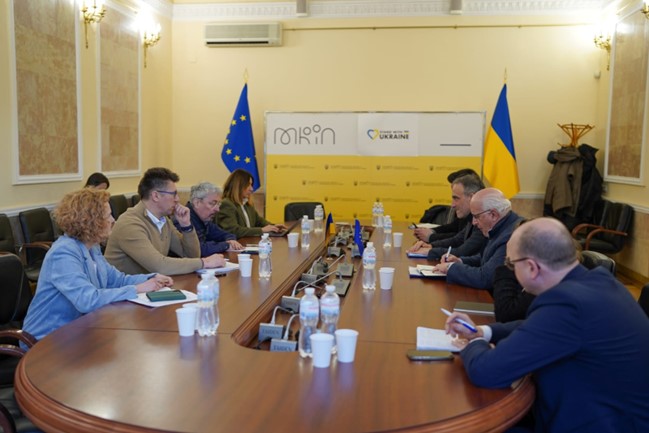
“Today russians are denying our identity, are you sure they won’t deny yours tomorrow?” added Oleksandr Tkachenko, Minister of Culture and Information Policy of Ukraine.
Among those present were: Oleksandr Tkachenko, Minister of Culture and Information Policy of Ukraine; Taras Shevchenko, Deputy Minister of Culture and Information Policy of Ukraine; Raphaël Glucksmann, Head of the delegation, Chair of the Special Committee of the European Parliament on Foreign Interference in all Democratic Processes in the EU, including Disinformation; Heidi Hautala, Vice-President of the European Parliament, Member of the Special Committee; Javier Zarzalejos, Vice-Chair of the Special Committee; Lukas Mandl and Bart Groothuis, as well as Tomáš Zdechovsky, Substitute Member of the Special Committee; Rémi Pierot, Administrator of the Secretariat of the European Parliament; Felix Smets, Administrator of the European Parliament; Aaro Ylitalo, political Advisor of the representation of the European Union in Ukraine; Maxim Levitin, interpreter.
